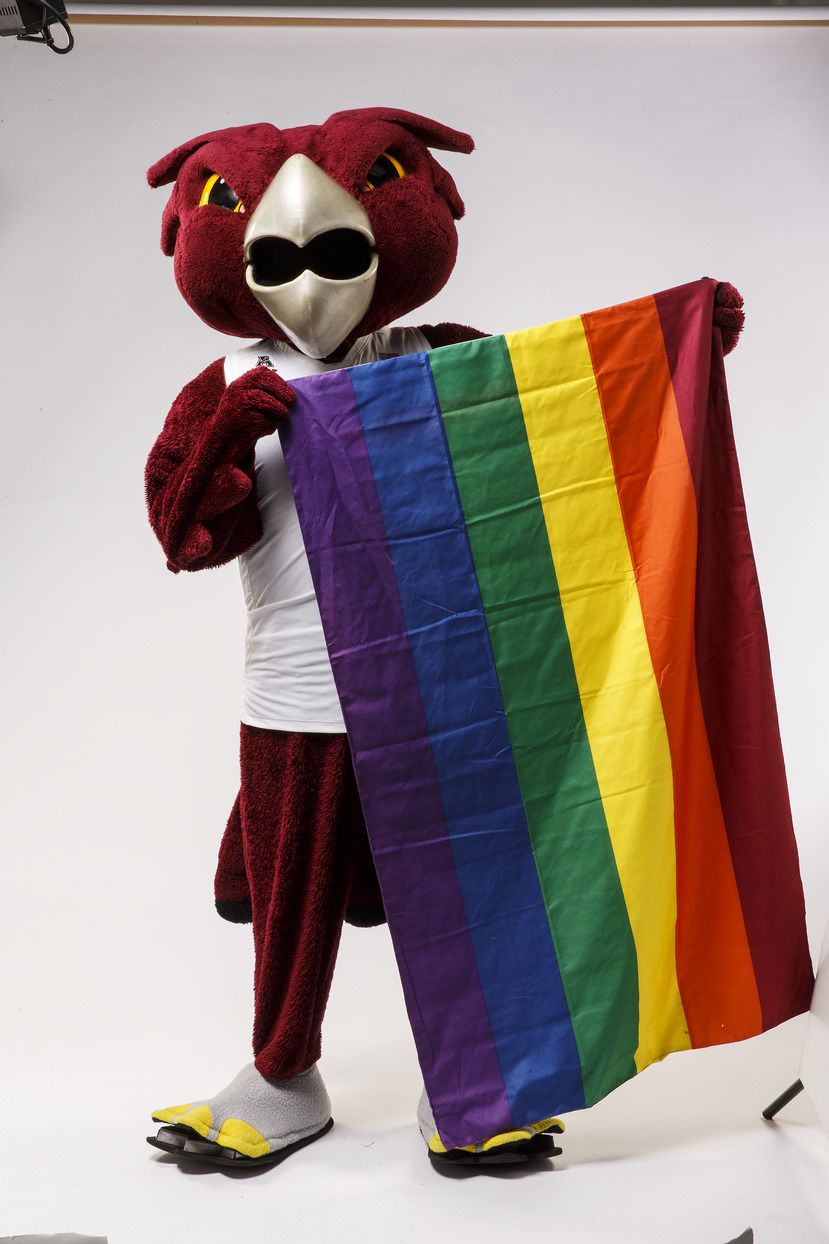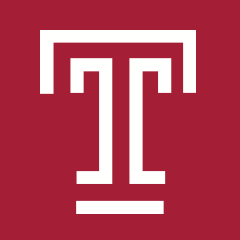Temple and Philadelphia:
Our Queer History
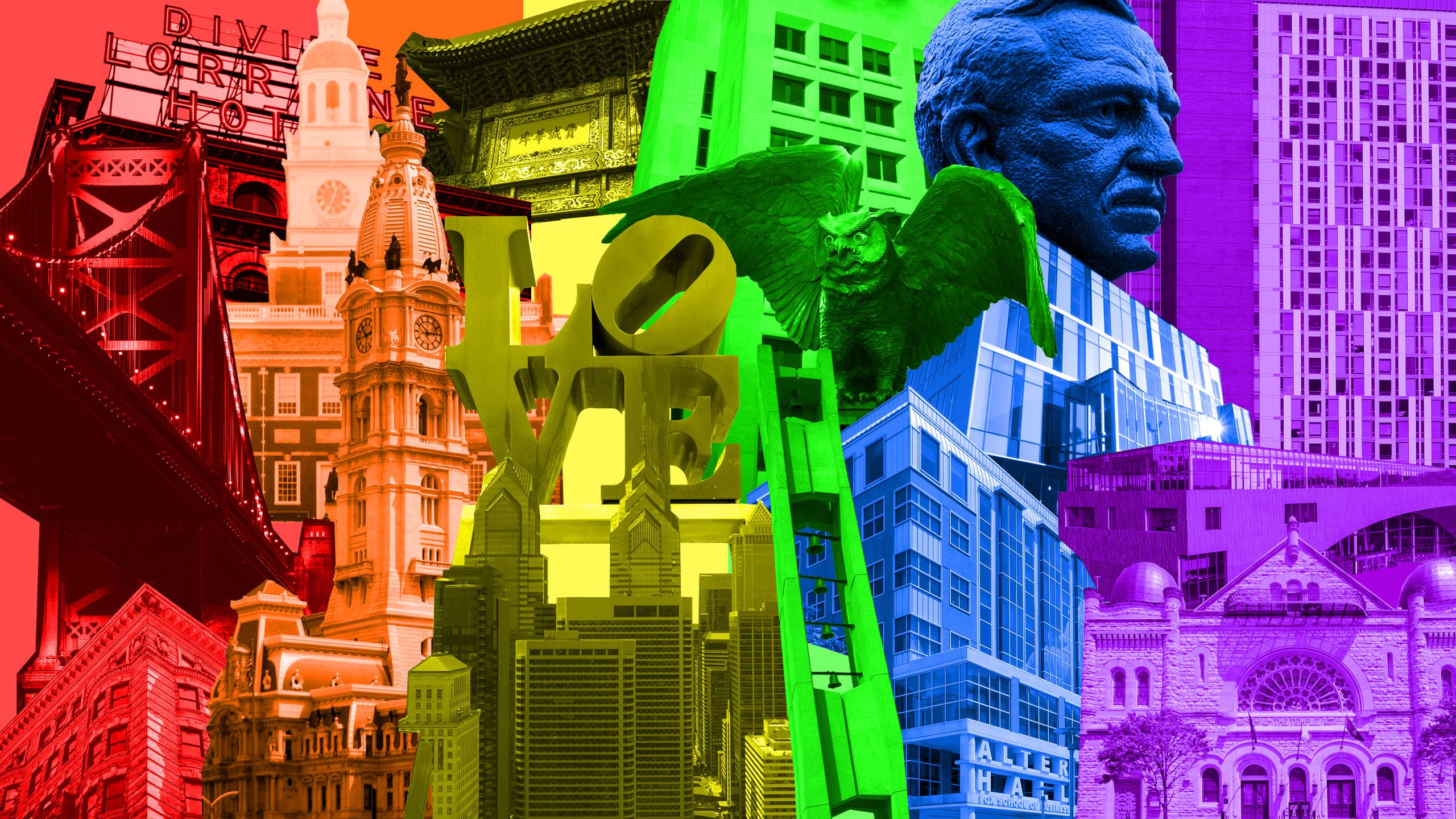
Philadelphia is a pioneer for LGBTQIA+ rights and home to significant, now historic, moments in the fight for equal rights. Here, we want to recognize a selection of prominent developments in Philly’s expansive LGBTQIA+ history, and spotlight key contributions from the Temple community along the way.
In honor of Pride Month, learn how steadfast Philadelphians and members of our dedicated Temple family fought for inclusion, equity and justice for the queer community.

Dewey’s Sit-in
April 25, 1965
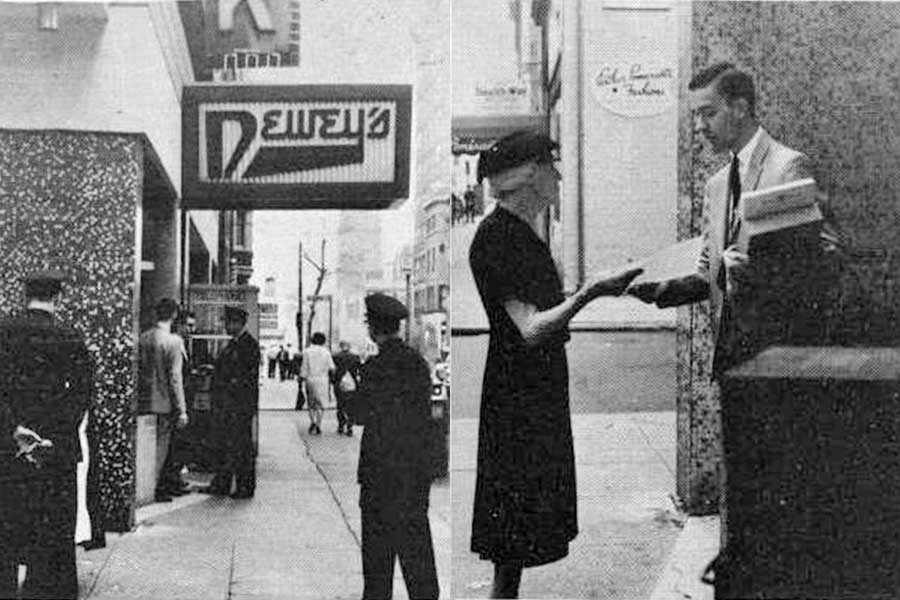
The first LGBTQIA+ sit-in in the country happened right in Rittenhouse Square. Dewey’s, a late-night coffeehouse chain on 17th Street, refused to serve groups of “homosexuals and persons wearing nonconformist clothing.”
In response, three teenagers staged a sit-in and were arrested, along with Janus Society (an early homophile organization) leader Clark Polak, who offered to help the group obtain a lawyer. After a second sit-in, management agreed to end its discriminatory policy.
Images courtesy of The Encyclopedia of Greater Philadelphia
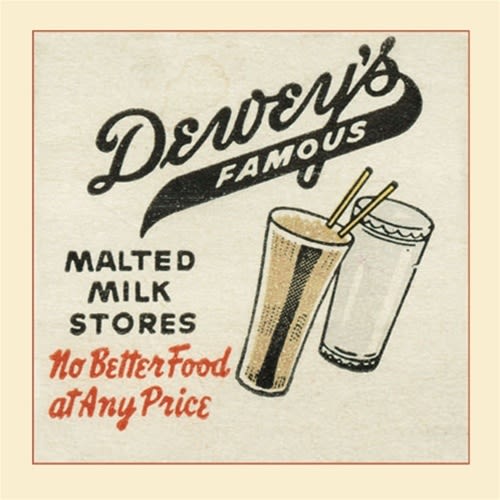
The first Reminder Day
July 4, 1965
A peaceful, picket protest gathered in front of Independence Hall and marked one of the earliest gay rights demonstrations in the country. Two key organizations, Daughters of Bilitis and the Mattachine Society, wanted to do something in response to anti-gay laws and discrimination. They decided to take action in Philadelphia specifically because they wanted to advocate for equal rights in front of Independence Hall and the Liberty Bell.
The protests happened annually through 1969 and are collectively known as the Annual Reminders. Today, there’s a historical marker at 6th and Chestnut streets recognizing these demonstrations . Learn more about the Annual Reminders and Philadelphia’s connection to Pride from Associate Professor Brad Windhauser.
Image courtesy of Temple University Libraries
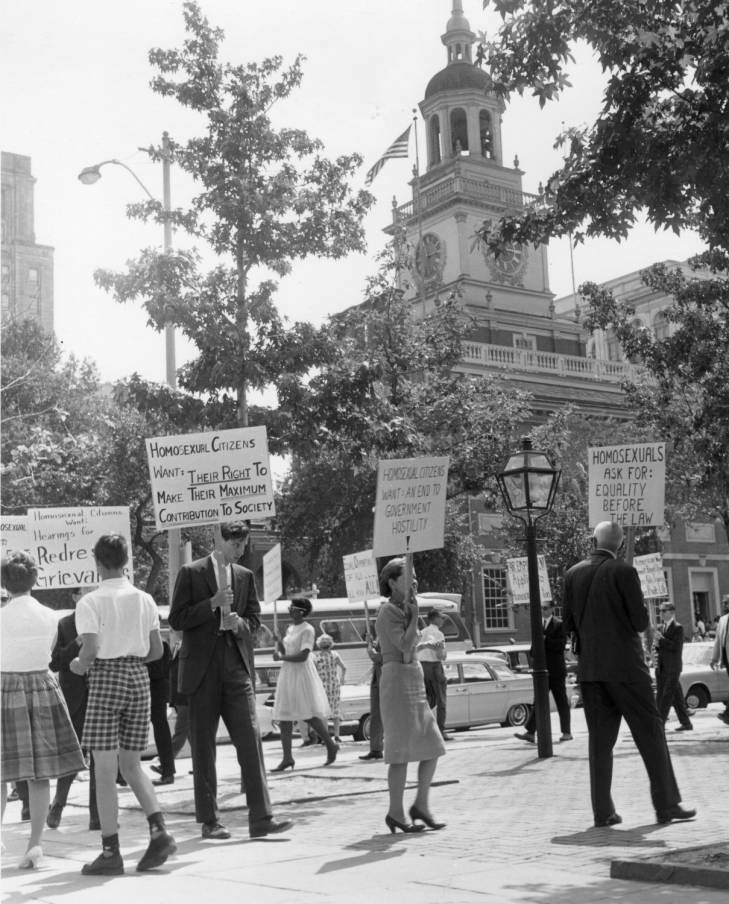
Temple's campus in the early ’70s
Frank Lieb, CLA ’82, ’ 95 was a faculty member in the College of Liberal Arts for over four decades. As a graduate student at Temple, Lieb worked to establish the the Gay Liberation Front as a legitimate student organization. The group held regular meetings at the Student Activities Center.
Leib along with fellow out faculty member Dennis Rubini created one of the first courses on gay liberation and gay history in the country, which they taught at Temple for years.
The Black Panthers were picking up momentum during this time. In early September of 1970, they held the Revolutionary People's Constitutional Convention at McGonigle Hall on campus. Both a gay male and lesbian caucus were present.
Images courtesy of Temple University Libraries
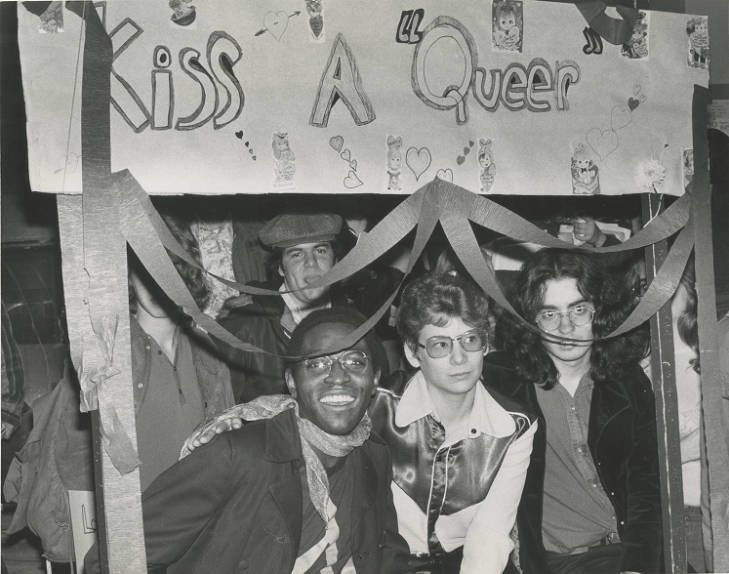
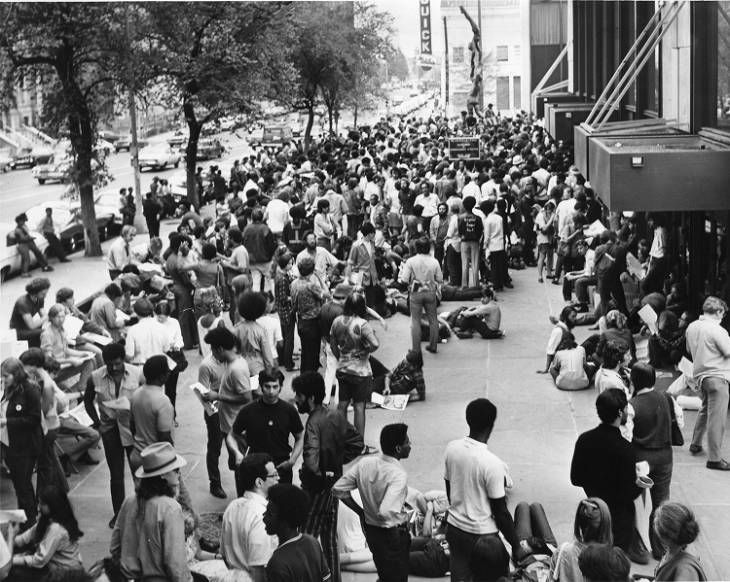
Dr. Henry Anonymous, a Temple faculty member, spoke out
May 2, 1972
John Ercel Fryer was a psychologist, gay rights activist and a faculty member at Temple’s medical school. He’s famously known for challenging the Diagnostic and Statistical Manual of Mental Disorders (DSM), a definitive list of mental illnesses. At the time, the manual listed homosexuality as a mental illness.
In a rubber mask, baggy tuxedo, and enormous wig, Fryer dared to do what no American psychologist had done before: Come out as a gay man. Through a distorted microphone to further conceal his identity, Fryer challenged the DSM at the 1972 convention of the American Psychiatric Association. Homosexuality was removed from the DSM a year later.
He is honored with a historical marker at 13th and Locust streets.
Images courtesy of Temple University Libraries and the William Way Center
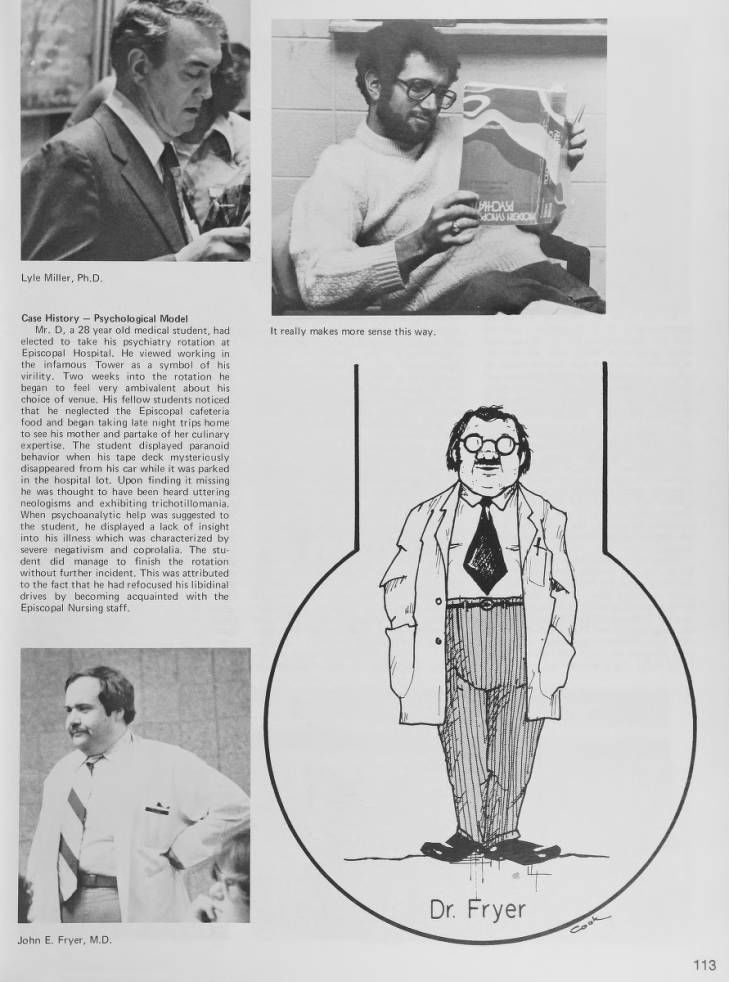
Philadelphia’s First Gay Pride Parade
June 11, 1972
After the 1969 Stonewall Riots in New York City, Philadelphia's Annual Reminders turned their attention to New York, which inspired the first Pride parade in U.S. history. Philadelphia was quick to follow, holding its first Pride parade in 1972. The celebration began in Rittenhouse Square and ended in a rally in front of Independence Hall with over 10,000 participants.
Image courtesy of The Encyclopedia of Greater Philadelphia
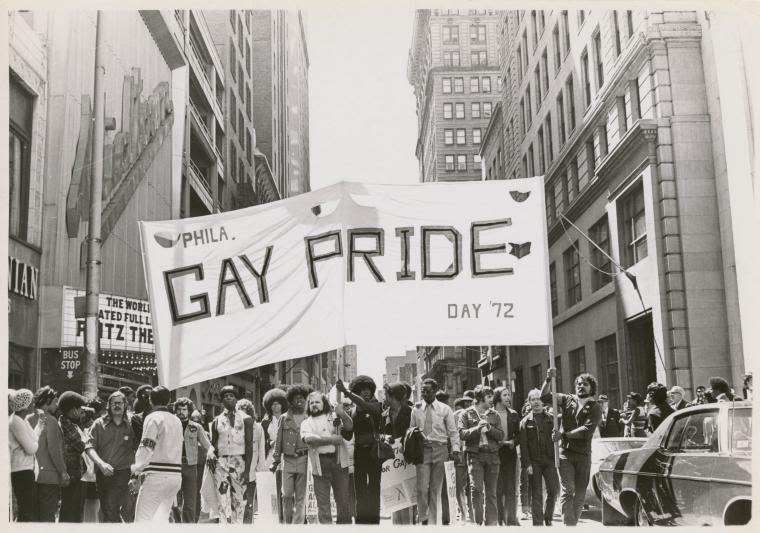
ActionAIDS is formed
Sept. 27 1987
Now called Action Wellness, this non-profit organization opened its doors during the peak of the AIDS epidemic. Over the years, it has served millions of Philadelphians and was cast into the spotlight in Jonathan Demme’s 1993 film Philadelphia starring Tom Hanks and Denzel Washington.
Executive Director of the Greater Philadelphia Film Office Sharon Pinkenson, EDU ’71, pitched Philadelphia as a prime location for filmmakers and Demme was one of the first to buy in—so much so that he named the nation-changing movie after our city.
Still from Philadelphia (1993)
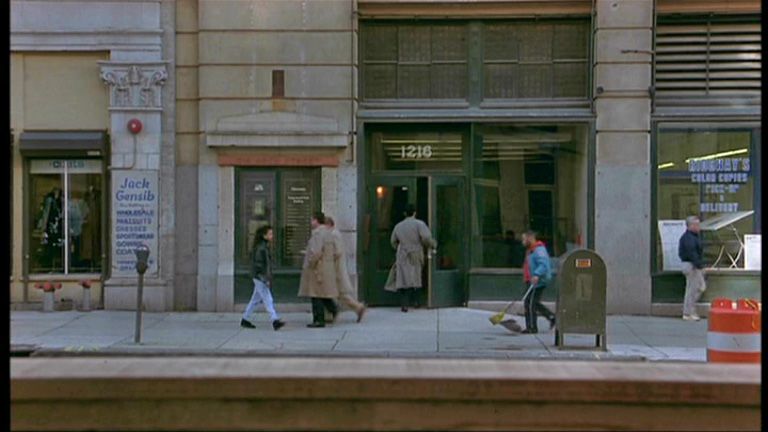
National Coming Out Week (NCOW) created at Temple
October 2008
National Coming Out Day is every Oct. 11 and twelve years ago, Temple created an entire week of programming for the campus community. National Coming Out Week (NCOW) is dedicated to queer identity celebration, advocacy and support.
Photography by: Joseph V. Labolito
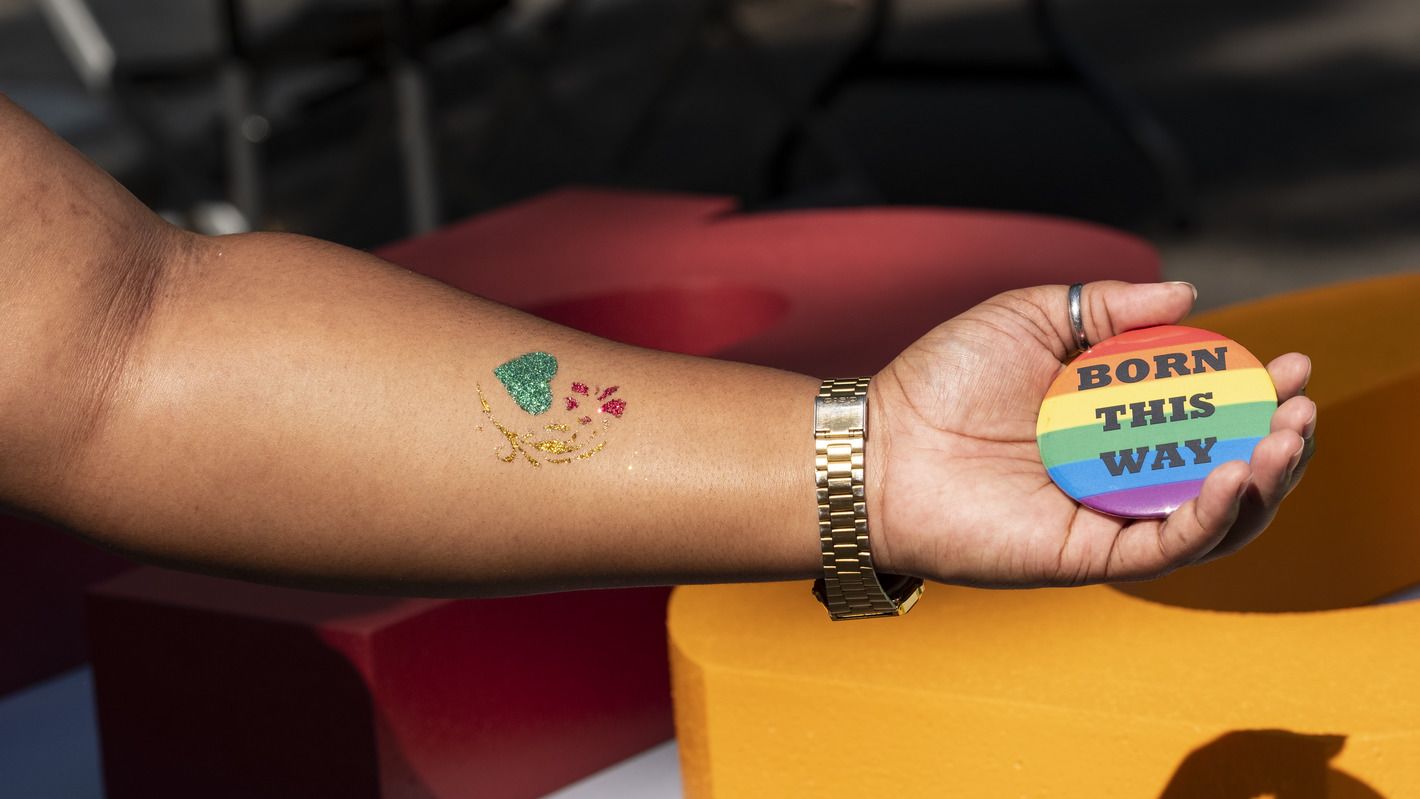
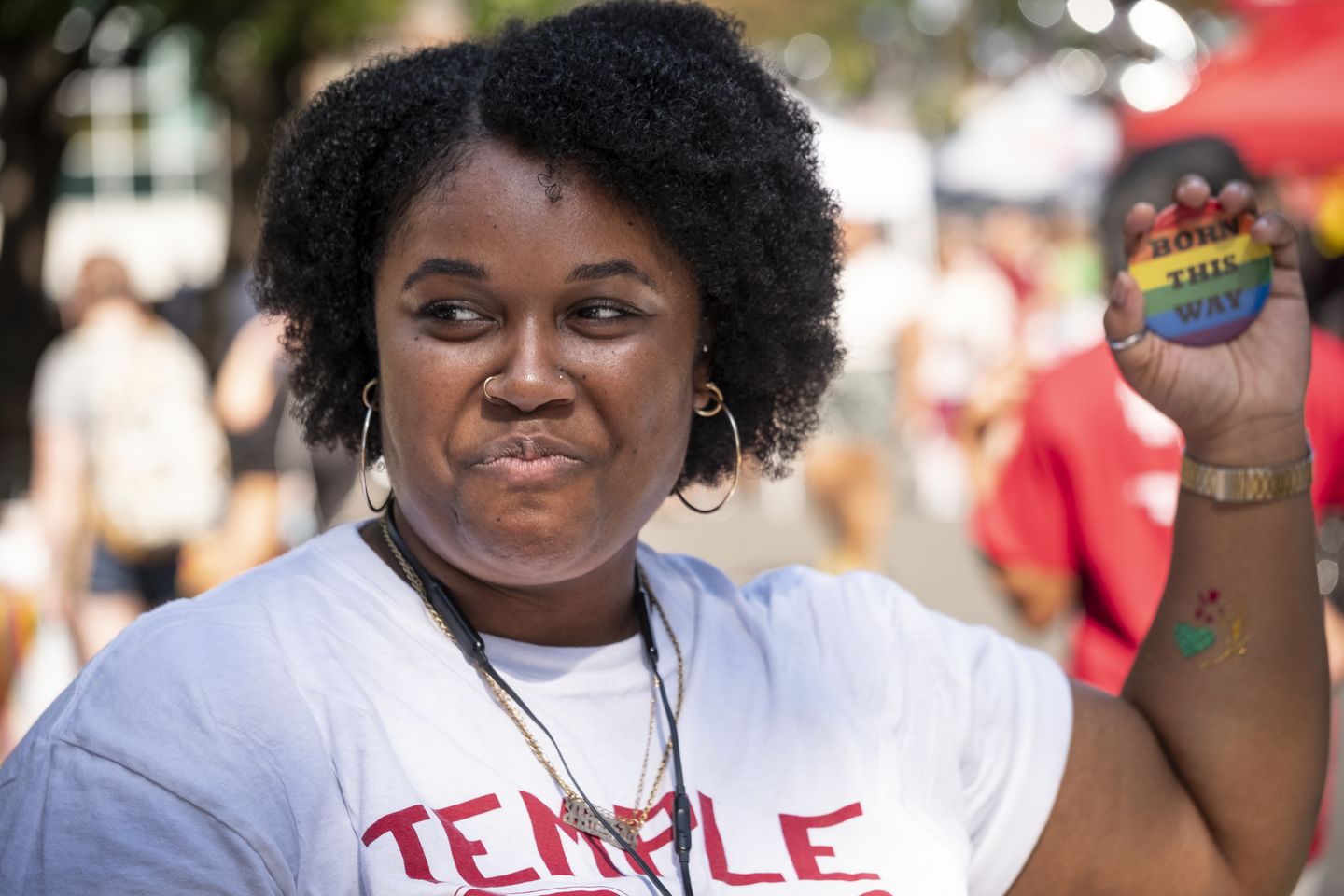
First Trans* March in Philadelphia
Oct. 8, 2011
Local activist Christian Lovehall founded the Philly Trans* March. For the first march, hundreds of people assembled at Love Park to demonstrate and march against the hate, social injustice and inequity faced by trans, non-binary and gender non-conforming communities.
The march happens every October and has inspired other similar marches across the country.
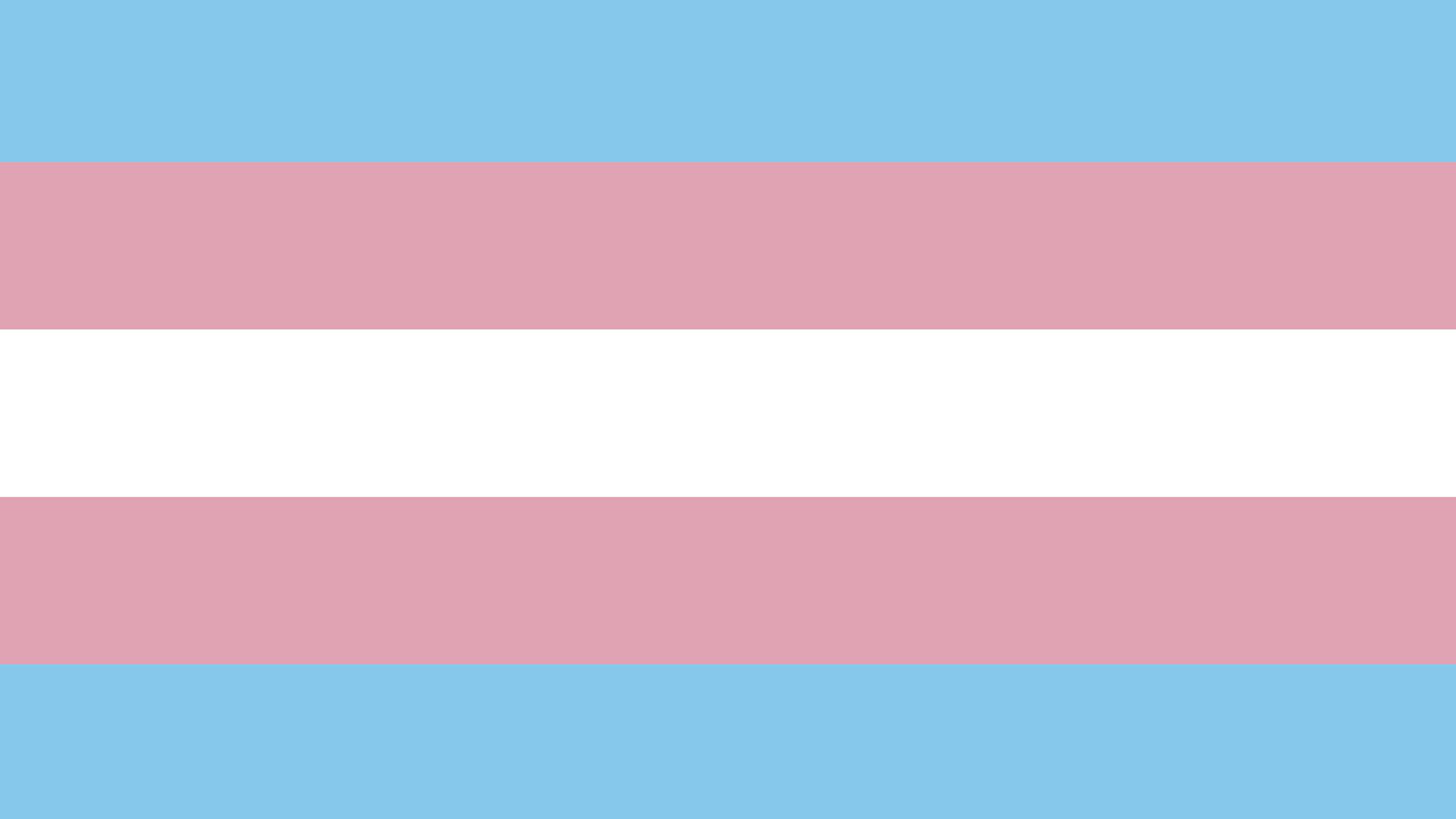
Temple graduate fought the Defense of Marriage Act—and won
June 26, 2013
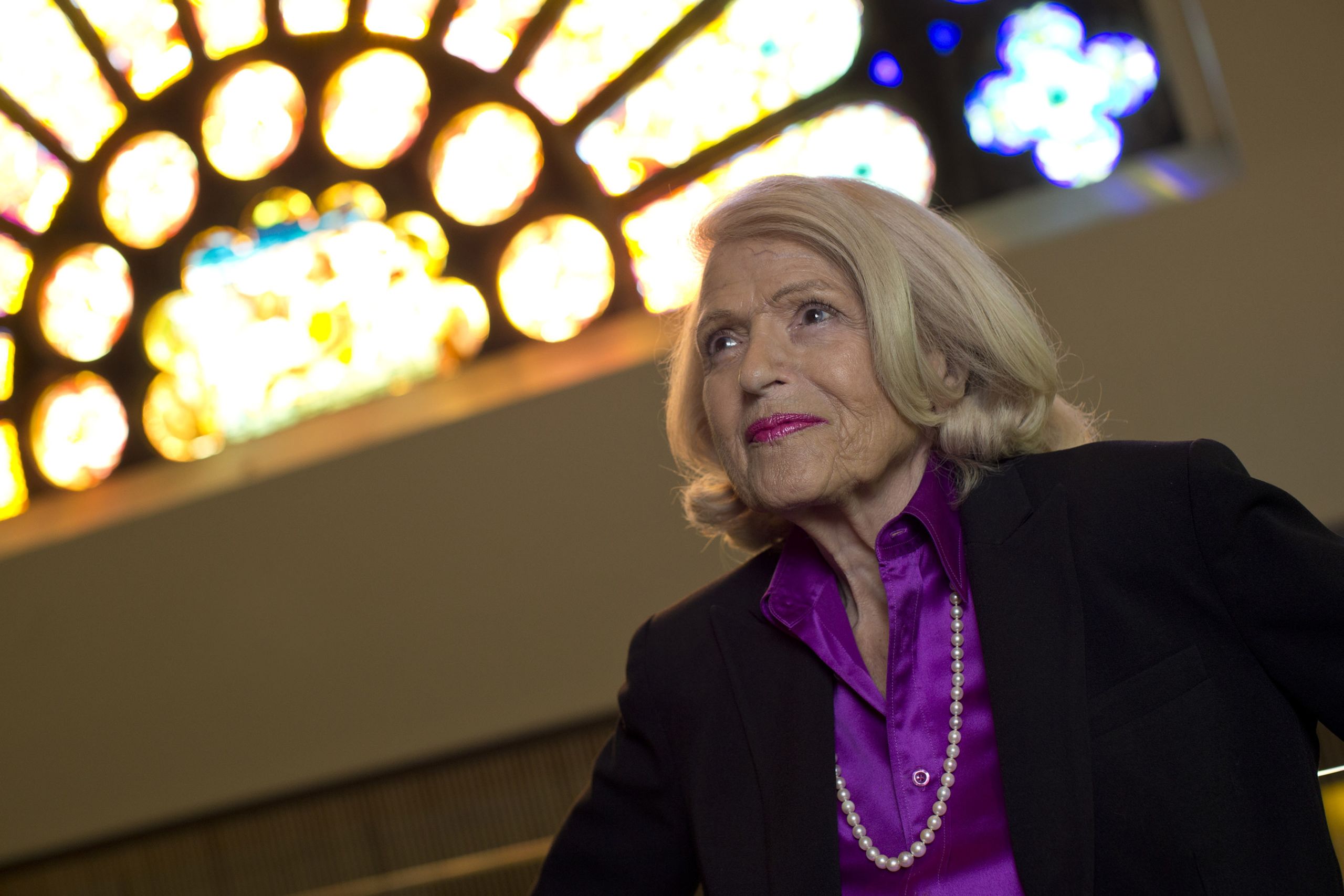
Edith Windsor, CLA ’50, was the lead plaintiff in the Supreme Court case that overturned the Defense of Marriage Act (DOMA). This federal law allowed states to refuse to recognize same-sex marriages. Because of Windsor’s triumph, the Obama Administration and federal agencies extended rights, privileges and benefits to married same-sex couples.
Two years later, the U.S. Supreme Court ruled same-sex marriages legal in all 50 states in Obergefell v. Hodges.
Photography by: Ryan S. Brandenberg
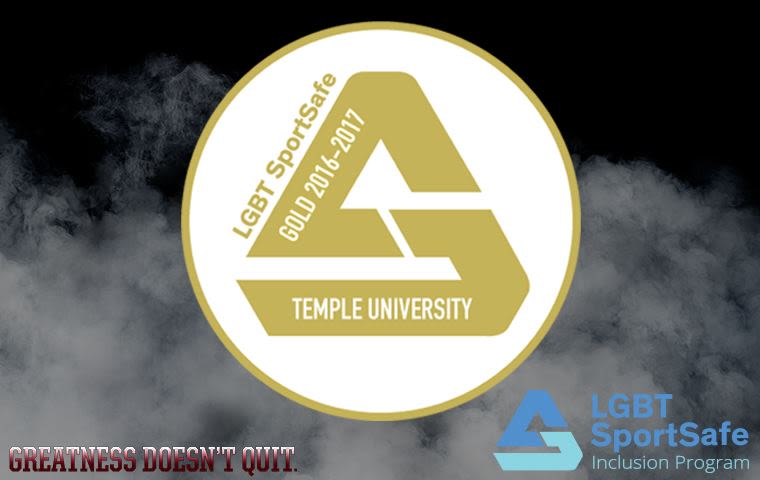
TU Athletics Earns LGBT SportSafe Founders Club Member Status
August 2016
Temple Athletics was one of the first universities to be named as an LGBT SportSafe Founders Club member. The department also earned the LGBT SportSafe Inclusion Program GOLD Medallion
Temple was the first school to hang the Progress Pride flag
Jan. 18, 2018
Ever noticed this beauty proudly hanging at the Howard Gittis Student Center? Temple was the first academic institution in the nation to hang the Progress Pride flag, which symbolizes the LGBTQIA+ people, with specific stripes to represent trans individuals, marginalized people of color and individuals living with AIDS or facing other stigmas.
Back in 2017, Philly worked to create a more inclusive Pride flag and introduced the black and brown stripes. Now, more and more cities and organizations (including the Progress Pride flag) are following our city's lead.
Photography by: Ryan S. Brandenberg
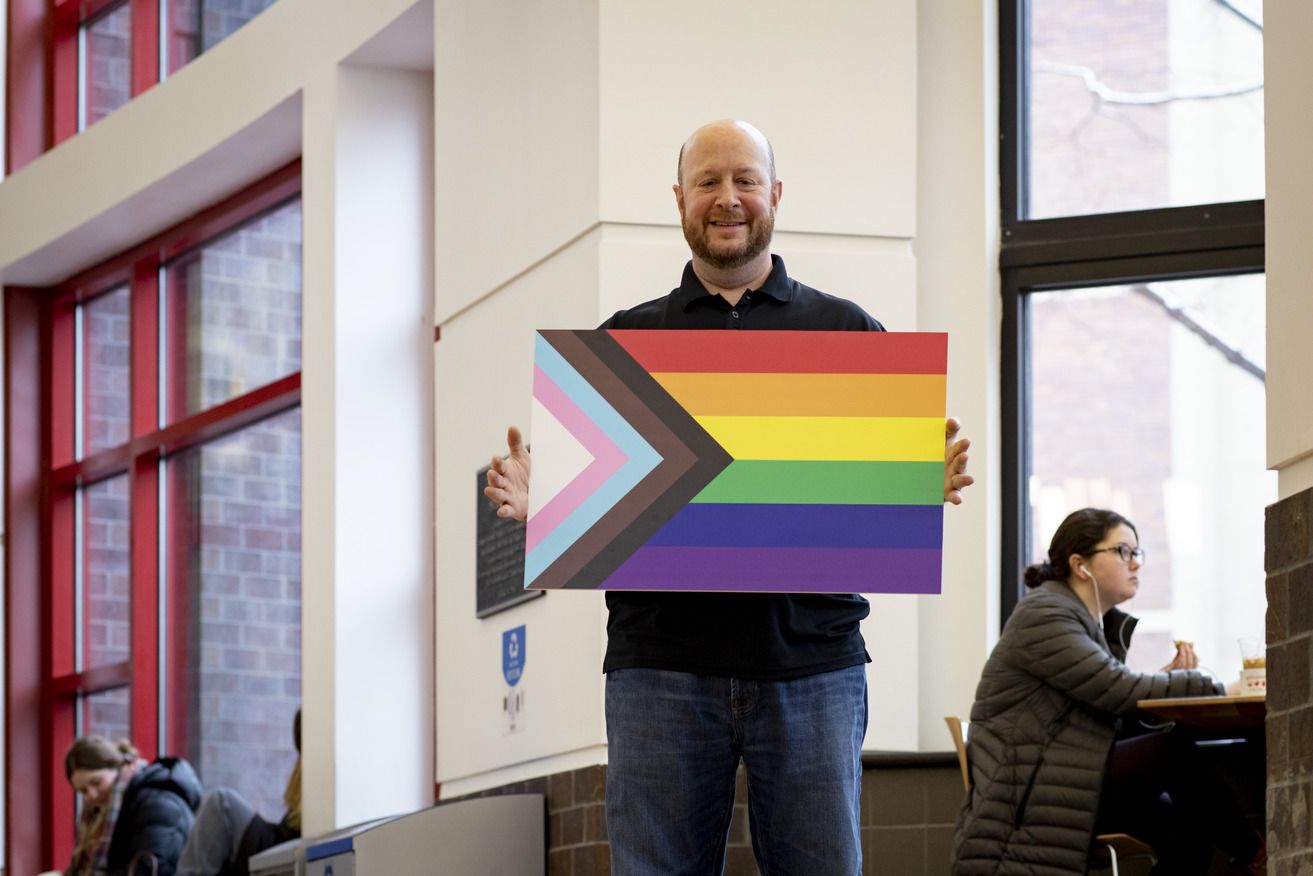
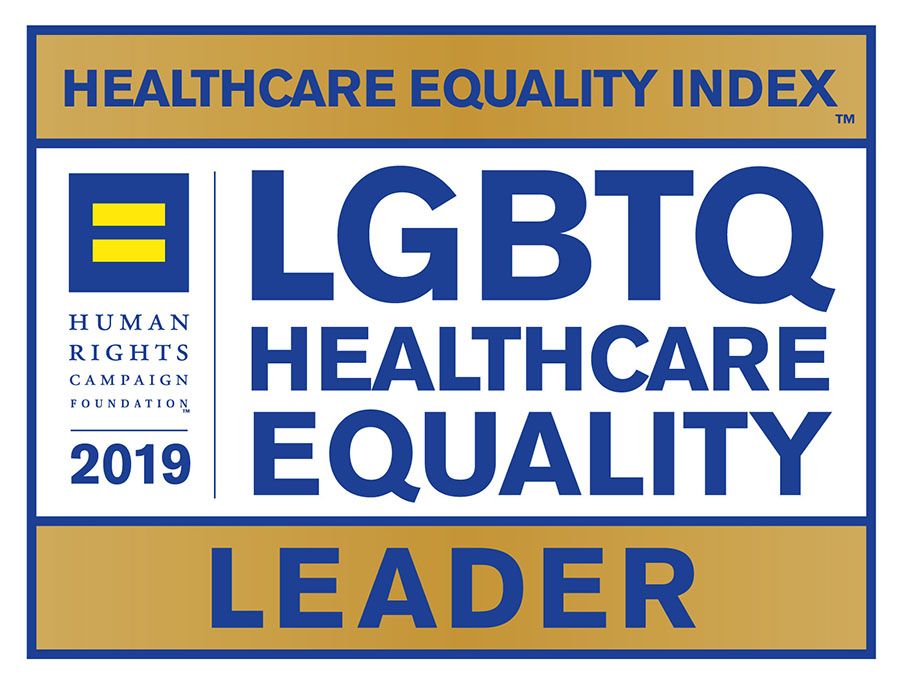
Temple University Hospital named LGBTQ Healthcare Equality Leader
March 27, 2018
Adopting adequate and specific healthcare for LGBTQIA+ patients, Temple Hospital is certified as an LGBTQ Healthcare Equality Leader. The hospital received this designation by the Human Rights Campaign Foundation’s Healthcare Equality index for its efforts in creating an inclusive and supportive healthcare environment for all identities.
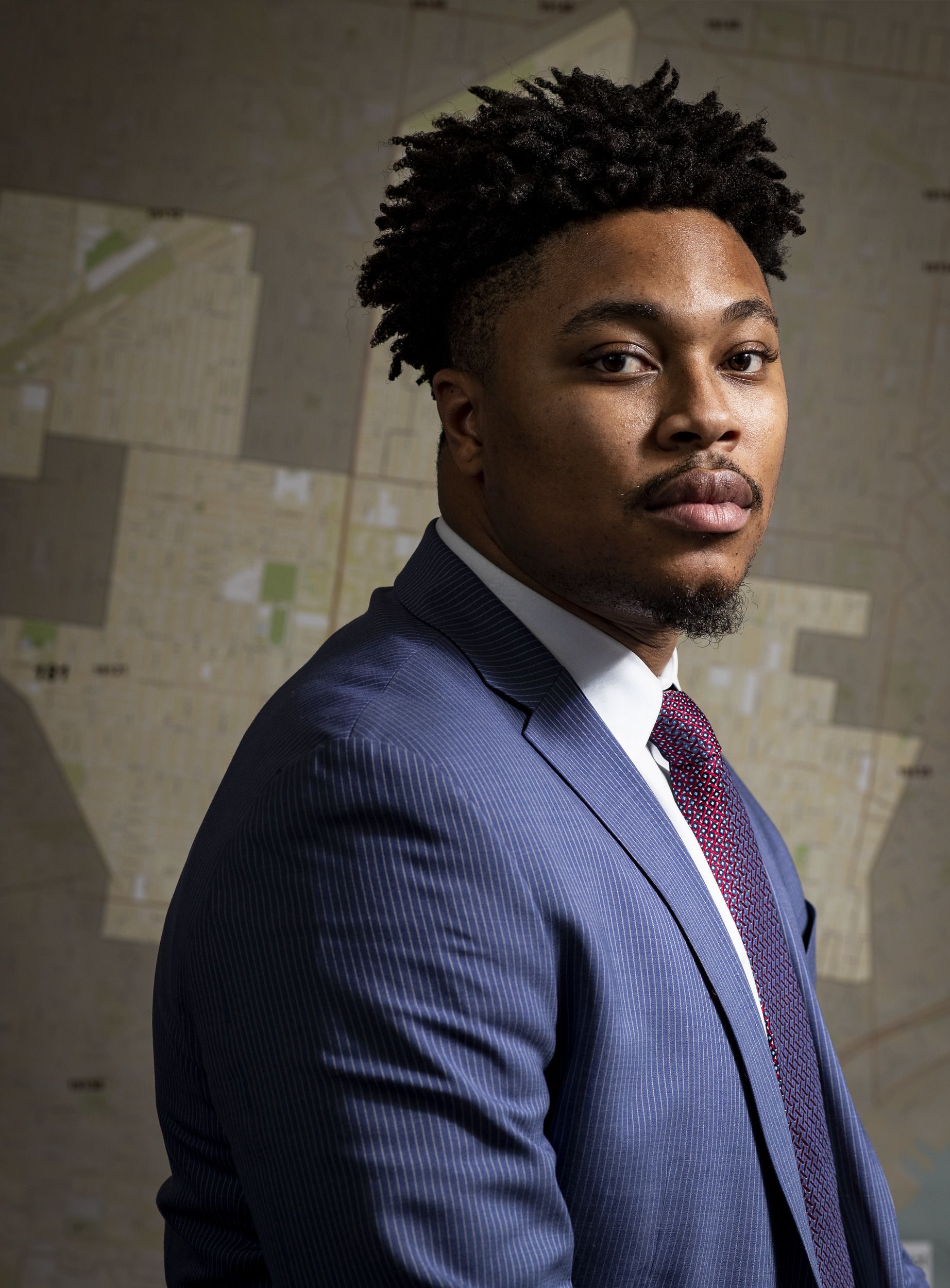
Temple graduate becomes the first openly gay person of color elected to PA Legislature
Nov. 6, 2018
When Malcolm Kenyatta, KLN '12, was elected as the State Representative for the 181st District in the Pennsylvania General Assembly, he was one of youngest State Representatives in the Commonwealth of Pennsylvania and the first openly gay person of color elected to either chamber of the General Assembly in Pennsylvania history.
Photography by: Ryan S. Brandenberg
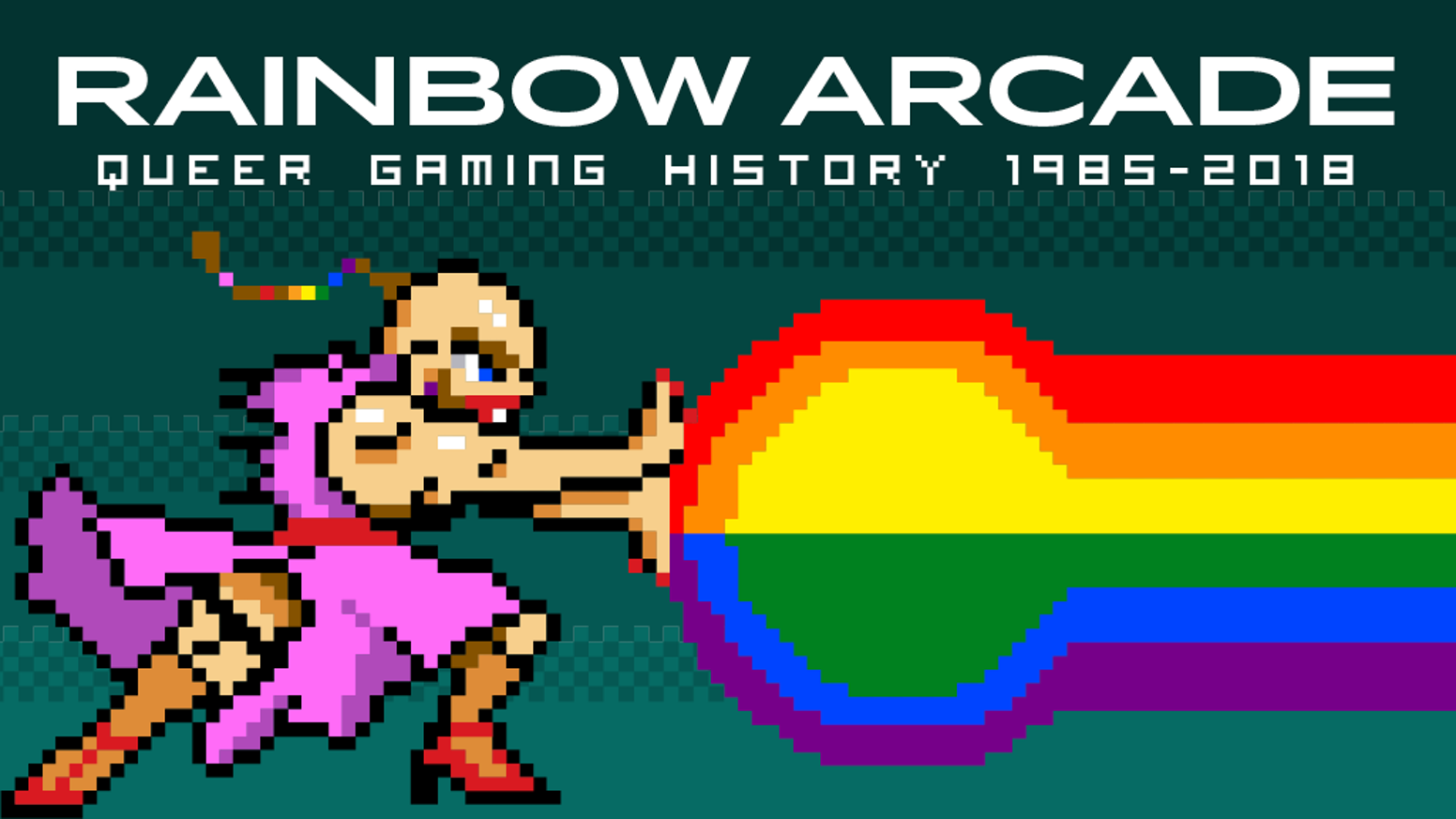
Temple faculty member made queer gaming history
2018–2019
Adrienne Shaw, an associate professor in the Klein College of Media and Communication and author of award-winning publications, co-curated the world’s first known exhibit of LGBTQ+ game history, Rainbow Arcade, in Berlin, Germany. She’s also the founder of the LGBTQ Game Archive, an extensive tool to explore queer video games, which examines gaming history, mainstream inclusion, and indie game’s more overt representation.
Shaw leads the course Lesbian, Gay, Bisexual, and Transgender Representation in Popular Media.
Photography by: Joseph V. Labolito
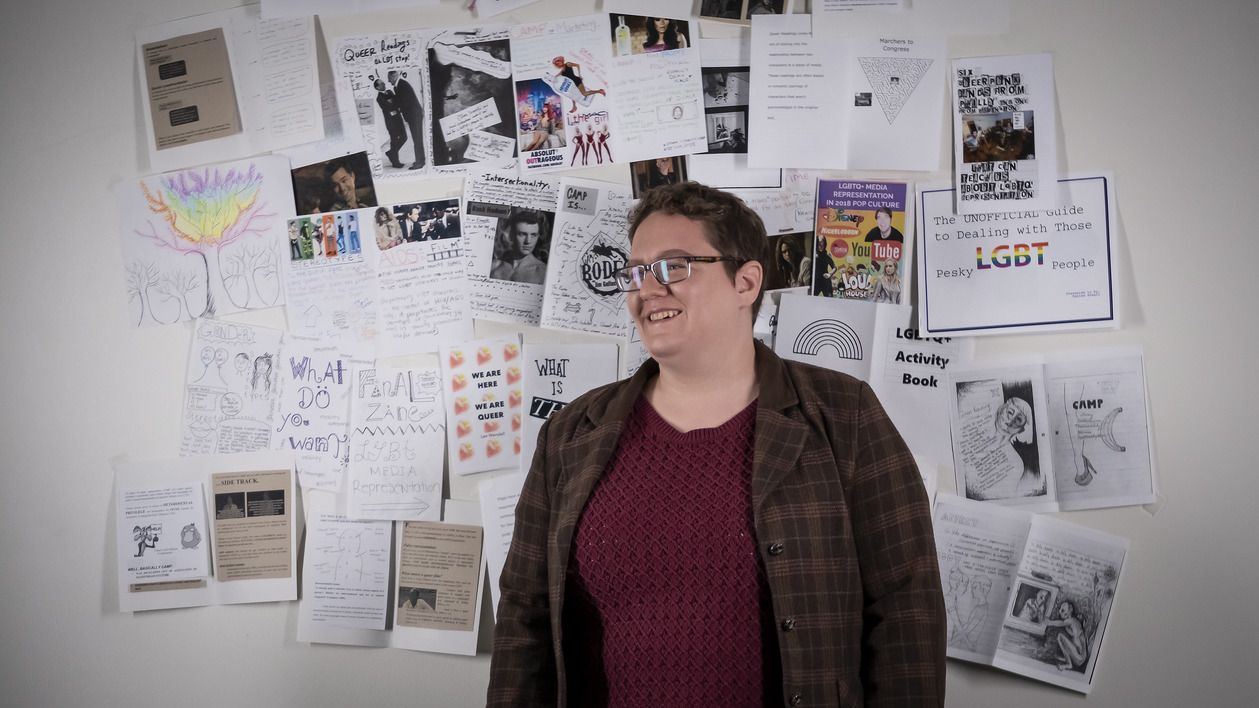
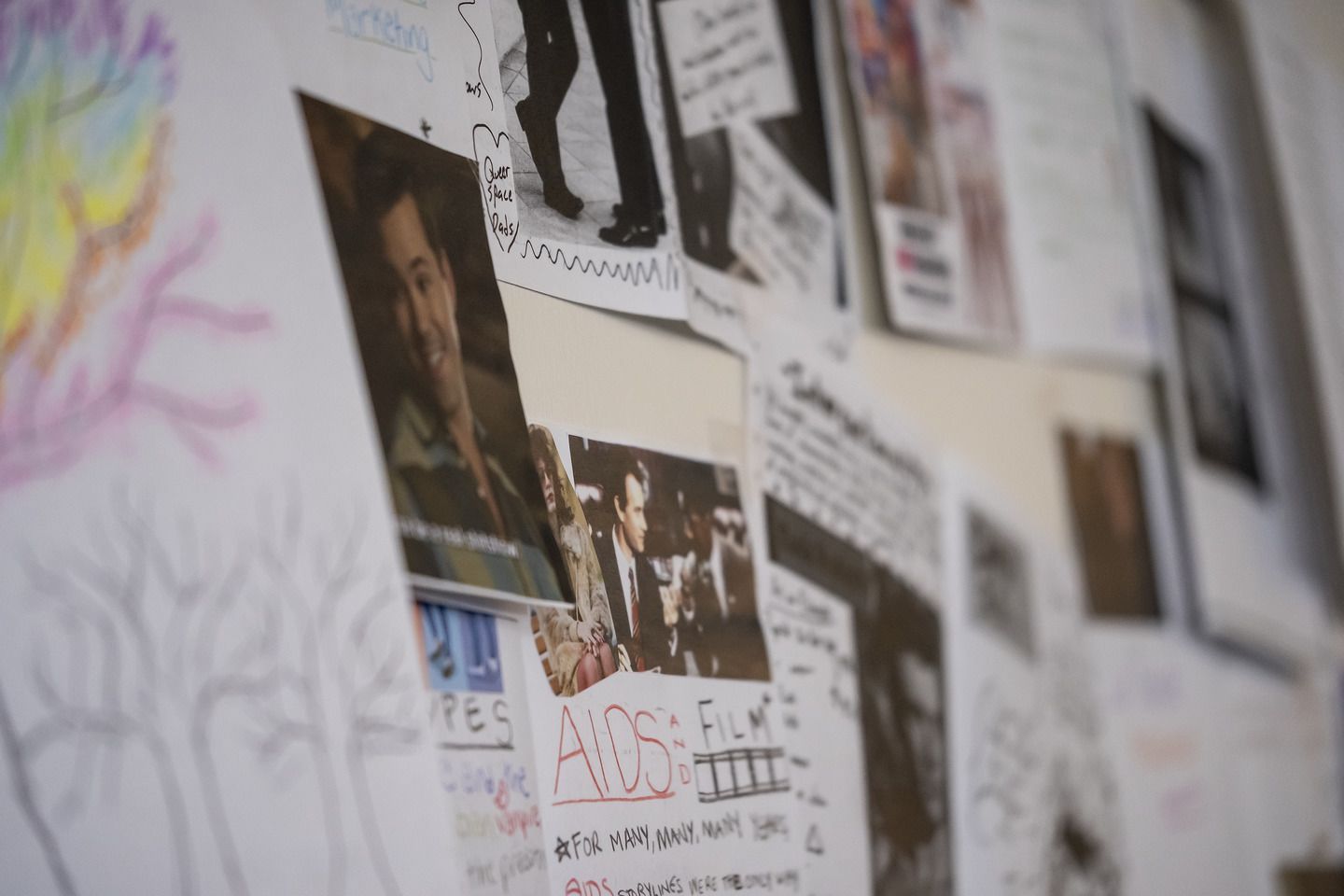
Happy Pride Month, Owls!
This is just a small selection of moments in history we're proud of.
Know an Owl in the LGBTQIA+ community making an impact? Share their stories with us at templenow@temple.eduand be ready for more Pride content throughout June.
